Page 1
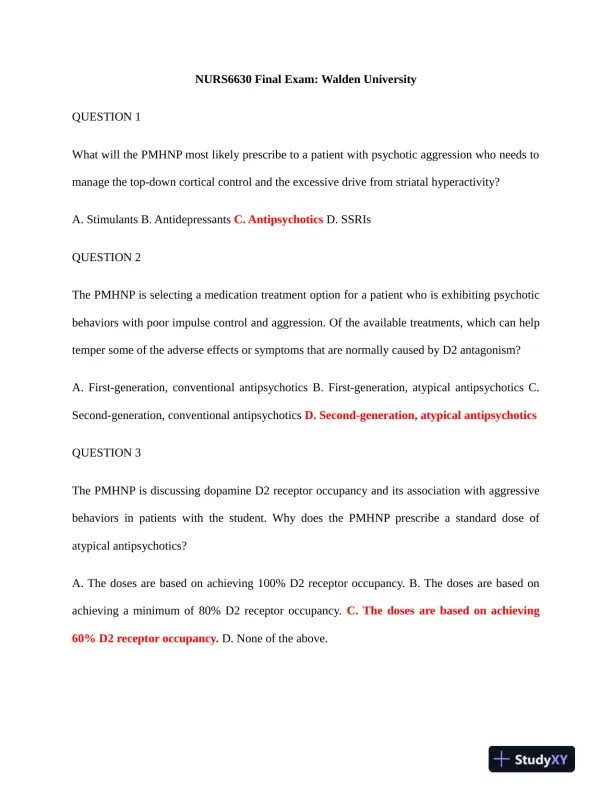
Loading page image...
Page 2

Loading page image...
Page 3
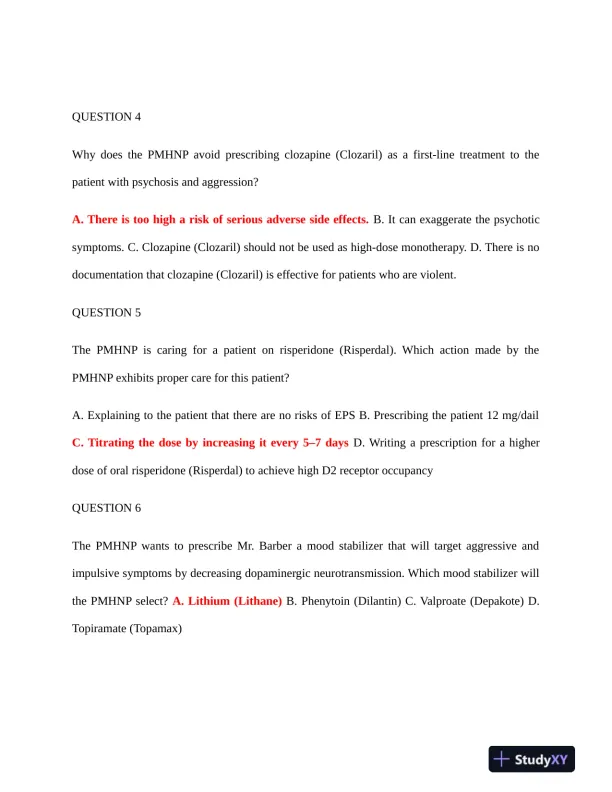
Loading page image...
Page 4
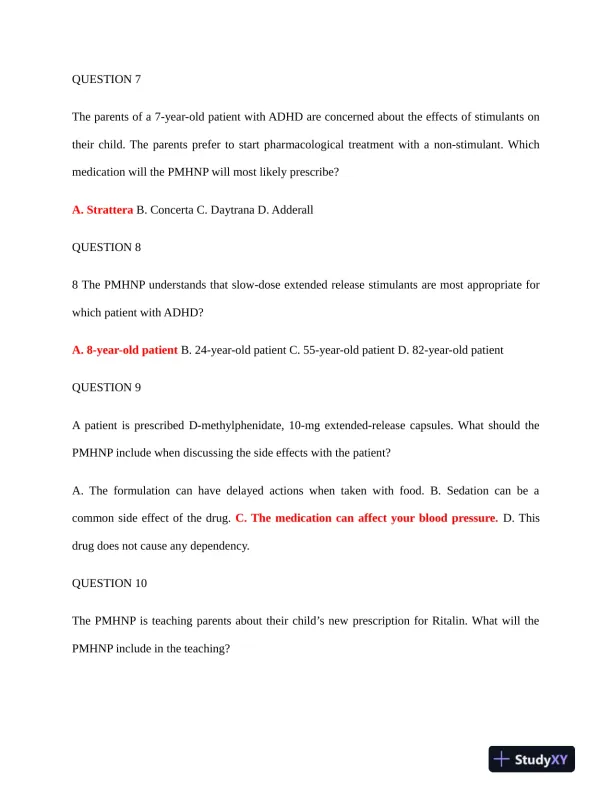
Loading page image...
Page 5
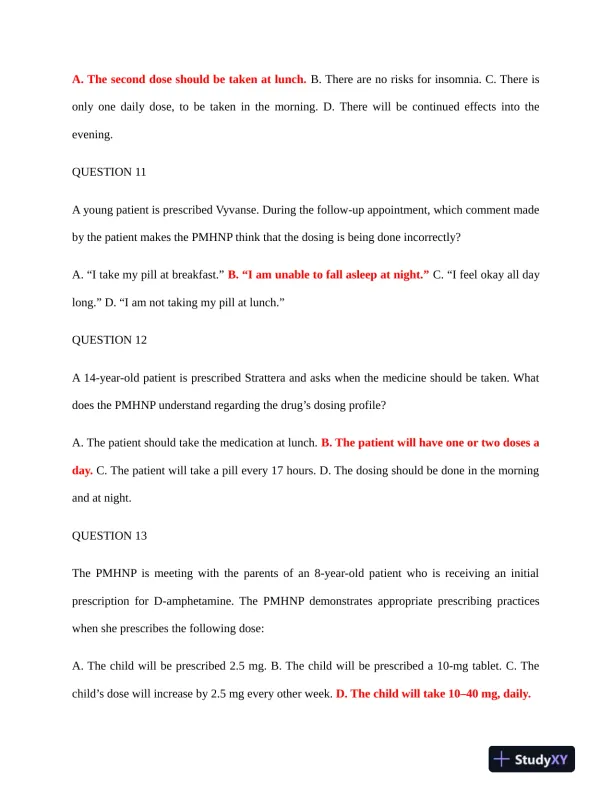
Loading page image...
Page 6
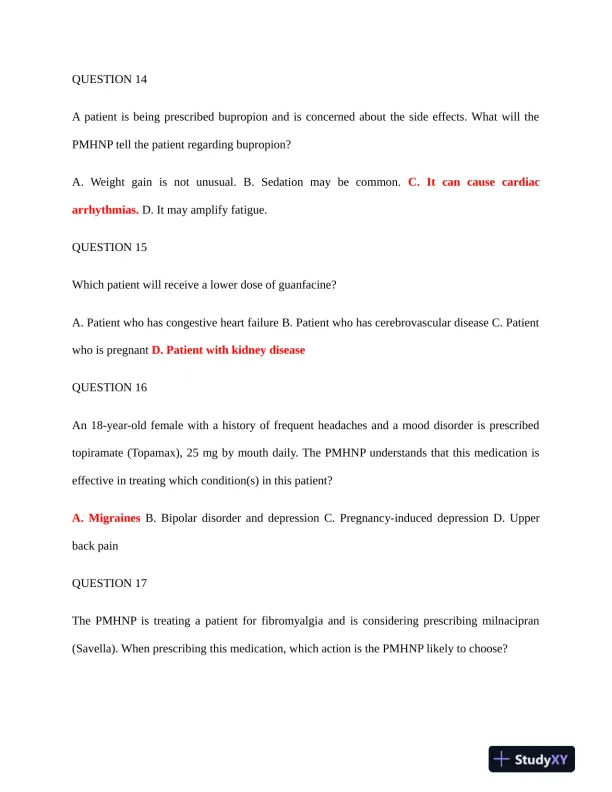
Loading page image...
Page 7
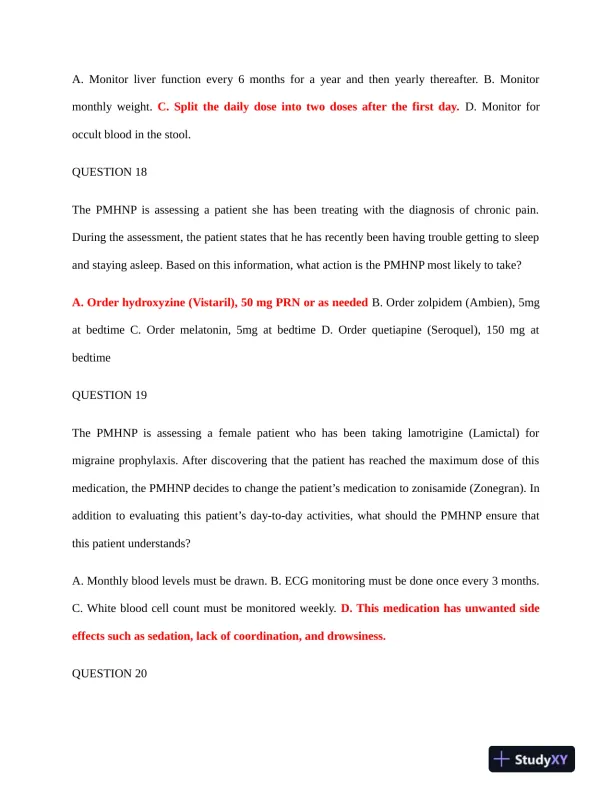
Loading page image...
Page 8
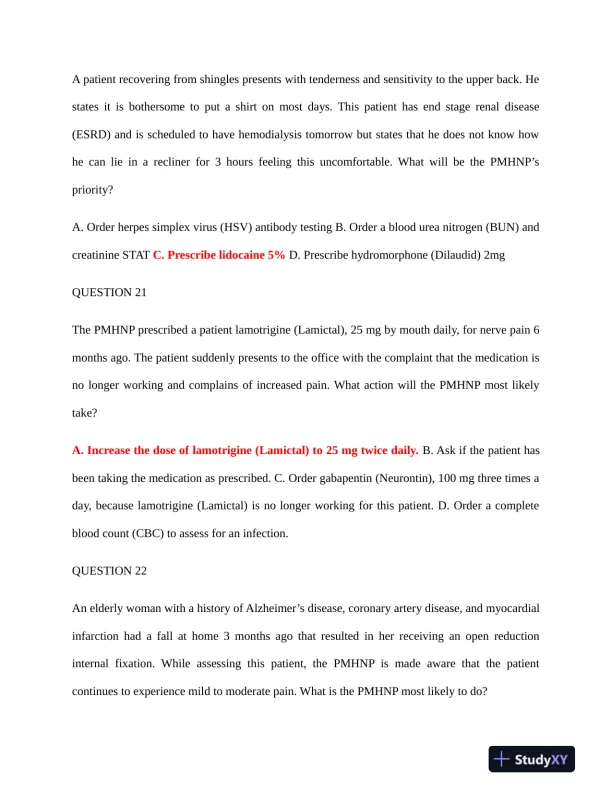
Loading page image...
NURS6630 Pharmacology Final Exam With Answers is an essential study aid, offering past exam questions and expert-approved answers.
Loading page image...
Loading page image...
Loading page image...
Loading page image...
Loading page image...
Loading page image...
Loading page image...
Loading page image...
This document has 26 pages. Sign in to access the full document!